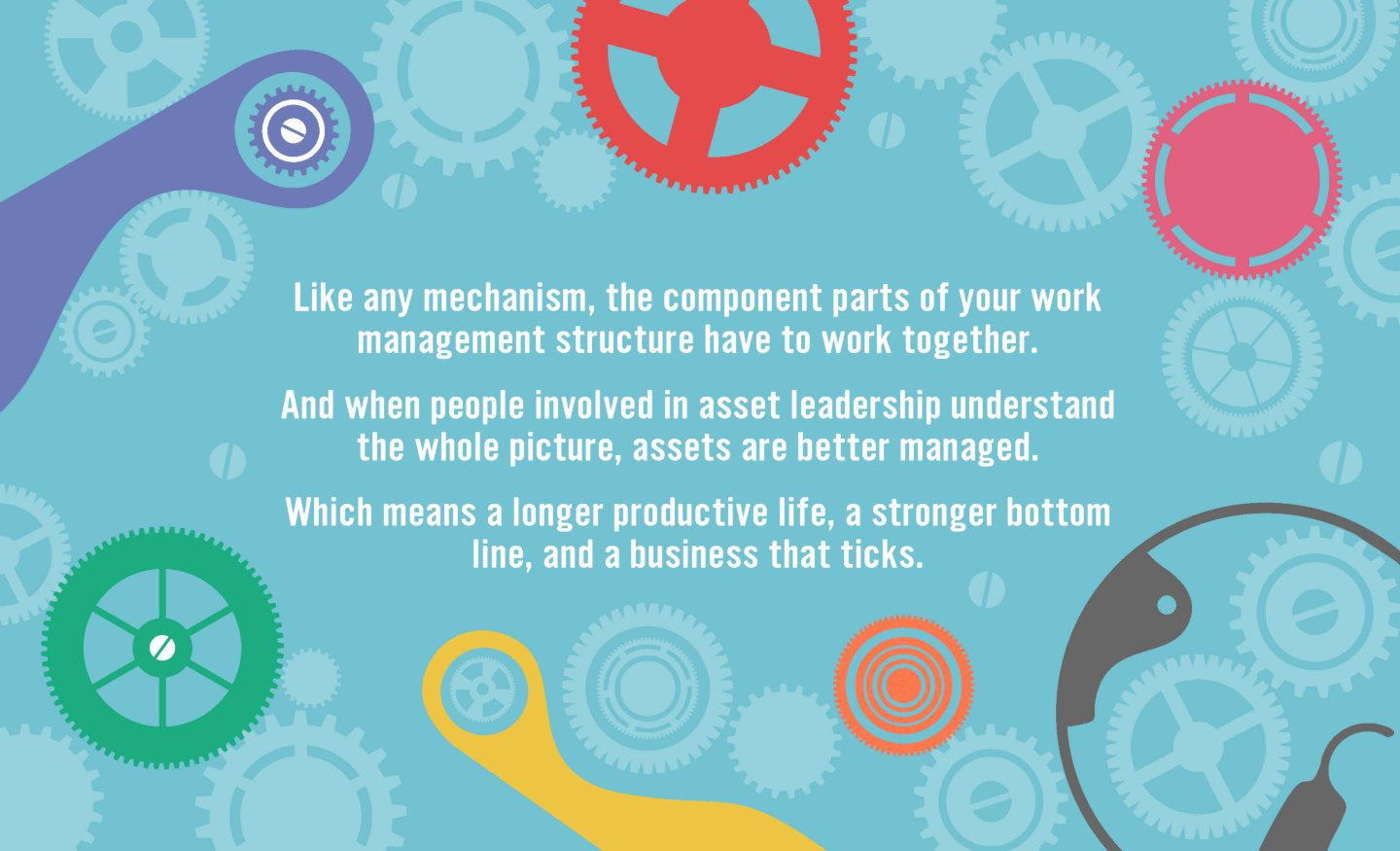
Recently, SRCN Solutions facilitated a series of workshops with an oil and gas industry taskforce made up of maintenance managers from multiple operators, the OEUK and the Health & Safety Executive (HSE).
The input from the regulator for the workshops was to help provide a clear line of sight from the front line to leadership on clarity of the data, to ensure that the risks from backlog are managed from the top of the organisation. Collectively, all parties were there to agree on a set of KPIs to help tackle the maintenance backlog in the North Sea.
It’s a long-standing issue in the industry and the taskforce agreeing on the KPIs was the first positive step towards resolving it – but there is still much more to be done.
SRCN Solutions is excited for the next part of the journey. Colin Wilson, director and co-founder, explains: “Maintenance backlog is commonplace in the industry and mostly accepted, but the situation has been massively exacerbated by the pandemic. This is the first time the industry has had universally agreed KPIs and it will support discussion about what backlog is, what backlogs they have and come up with common solutions for that, plus allow the industry to have conversations about what appropriate targets are for it. They couldn’t really do that before because there were no common definitions.”
A spokesperson from HSE said: “The HSE fully supports the OEUK taskforce group coming together to address the maintenance and inspection backlog issues.
“The HSE will continue its focus to ensure that risks from backlogs are managed and that efforts are directed towards carrying out essential maintenance and inspection work, including annual backlog trending data to be supplied to the regulator.”

Along with the workshop facilitation, SRCN Solutions authored a Maintenance Backlog Guidance document, which is available on the OEUK website. Colin explains: “It’s a helpful document and, I think, a good start to let everyone understand what backlog is, and specifically what the new KPIs do. Backlog can be opaque and now anyone can look at the OEUK figures, read this guidance and self-diagnose what some of their problems are.”
Effective work management and reducing the maintenance backlog is vitally important to the long-term success of the oil and gas industry. The HSE has increased its focus on not only Safety Critical Backlogs, but also Non-Safety Critical Backlogs.
Safety Critical Backlogs are fairly well monitored, as it’s the maintenance that is done to ensure that the people working hard on the installations offshore are kept safe to return home to their families.
One of the biggest risks is Non-Safety Critical backlogs. Ultimately, this is about maintaining all the equipment needed to produce a product – and therefore ensure security of supply – no matter which industry you’re in. If you’re not maintaining the equipment that will allow you to produce your product, then you’re undermining the whole point of your business.
One key question that needs to be regularly asked is, ‘how do you know your asset is going to keep producing?’ No matter how young or old, it should be asked. For ageing installations in the North Sea, maintenance is vital from a safety and energy resilience perspective. That’s possibly more accurate today than ever before. Keeping in mind the attitude around the climate and environment, these mature assets are our assets. It is unlikely that too many more new assets will be installed in the North Sea, and if there’s to be a future for the oil and gas industry, it’s vitally important that existing assets are looked after and well maintained.
Improving efficiency is key to start reducing Safety Critical and Non-Safety Critical Maintenance Backlogs. The oil and gas industry can’t just throw resources at the problem because it is now competing with newer industries, such as renewables, for the same people. SRCN Solutions know that if you’ve got more work than you have people, you’ve got to prioritise work and make sure you’re doing the right work at the right time.
But there’s no “silver bullet” that will instantly solve the maintenance backlog or boost efficiency. Instead, SRCN Solutions views creating an effective work management strategy as a holistic exercise, incorporating equipment, work processes and education of people.
Colin says “I can only repeat what I’ve said before and that is; you can have the best maintenance strategies in the world, and the best people in the world, but if your work management processes are poor, then you can’t get the work done. You’re just going to be incredibly inefficient. Or alternatively, you can have fantastic processes and fantastic people, but terrible strategies, and it means you’re just very, very good at doing the wrong work. It will only take one organisation to decide they’re not willing to tolerate backlog and others will take that lead.”
This is something SRCN Solutions can provide independent subject matter expertise on. Their approach is to resolve the problem. They’re not interested in how it came about but in identifying problems and then figuring out the best way to solve them. Once that work is done, they leave.
It’s an approach SRCN Solutions is confident in, after helping many clients across various industries – from oil and gas to renewables – streamline and enhance their maintenance and work management processes.
Because of this, SRCN Solutions is positive that there’s no reason the maintenance backlog in the North Sea oil and gas industry can’t be solved. It will only take one organisation to decide they’re not having backlog and others will take that lead.
If you want to discuss how SRCN Solutions can support your business, get in touch through www.srcnsolutions.com
Recommended for you

 © Supplied by SRCN Solutions
© Supplied by SRCN Solutions